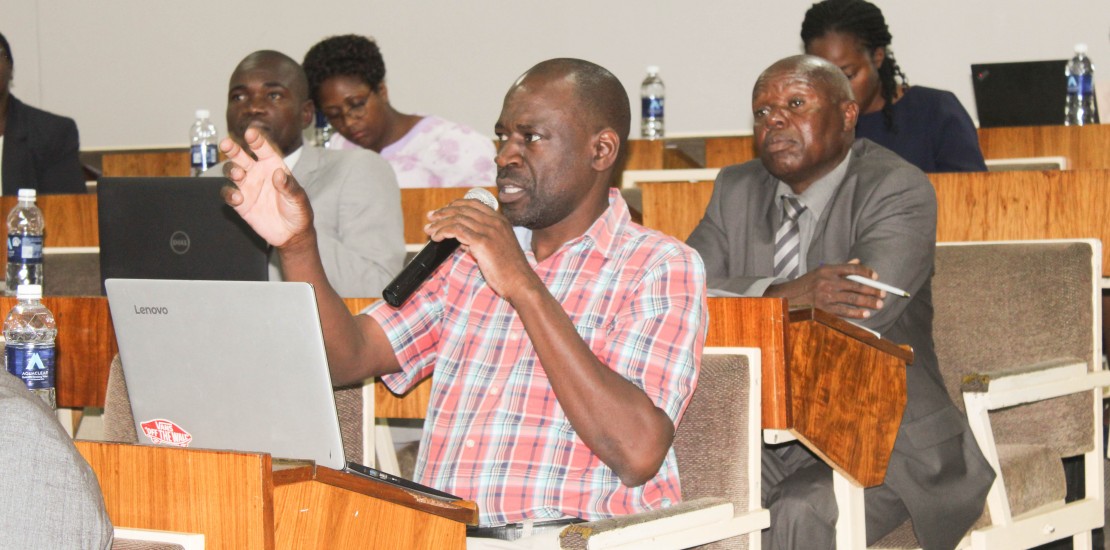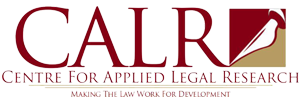- January 18, 2023
- Posted by: Clever K Mlambo
- Category: News

Efforts are underway to have a legal framework to regulate the collection, storage and use of DNA Evidence in Zimbabwe. The Ministry of Home Affairs and Cultural Heritage (MoHACH) partnering with the Ministry of Justice, Legal and Parliamentary Affairs (MoJLPA) held a write-shop (drafting workshop) in Kadoma from the 19th to the 21st of December 2022.
The write-shop was supported by the Centre for Applied Legal Research (CALR) and UNICEF Zimbabwe through the Spotlight Initiative.
Work has been ongoing since 2014 to come up with a legal framework that caters to DNA Evidence and forensic evidence. Because forensic science involves a broad spectrum, the government is for now focusing on coming up with a DNA Evidence Bill, which is a component of Forensic evidence.
The write-shop was chaired by the Director of the Legislative Drafting Division of the Attorney General’s Office and stakeholders included representatives from MoHACH, the ZRP legal department, the homicide unit and CID department, MoJLPA, Ministry of Health and Child Care (MoHCC), the Law Development Commission, Faculties of medicine at the University of Zimbabwe and the Midlands State University, the National Prosecuting Authority, representatives from Civil Society Organisations (CSOs) that included Women and Law in Southern Africa (WLSA), Adult Rape Clinic, Counselling Services Unit (CSU) among others.
During the writeshop, stakeholders gave recommendations on the possibility of rewording the title of the Bill. The instructing ministry will have the ultimate decision on the title of the Bill.
The DNA Evidence Bill will be useful in cases to do with rape, murders, and identifying unknown remains of humans, animals, plants and bio-related beings.
The Bill proposes the setting up of a secure national DNA database that has various separate indices which include; the Crime Scene Index, Arrestee Index, Convicted Offender Index, Volunteer Index and Elimination Index.
Having a legal framework that caters to DNA evidence is in line with global and regional standards as technology-based data and instruments are now key in our day-to-day lives, these instruments provide more accurate and scientifically proven data, where the margin of errors is very low.
Stakeholders were grateful to be included in such an important platform where they had an opportunity to share their input that will assist and influence the government through the Attorney General’s Office in coming up with the DNA Evidence Bill.
